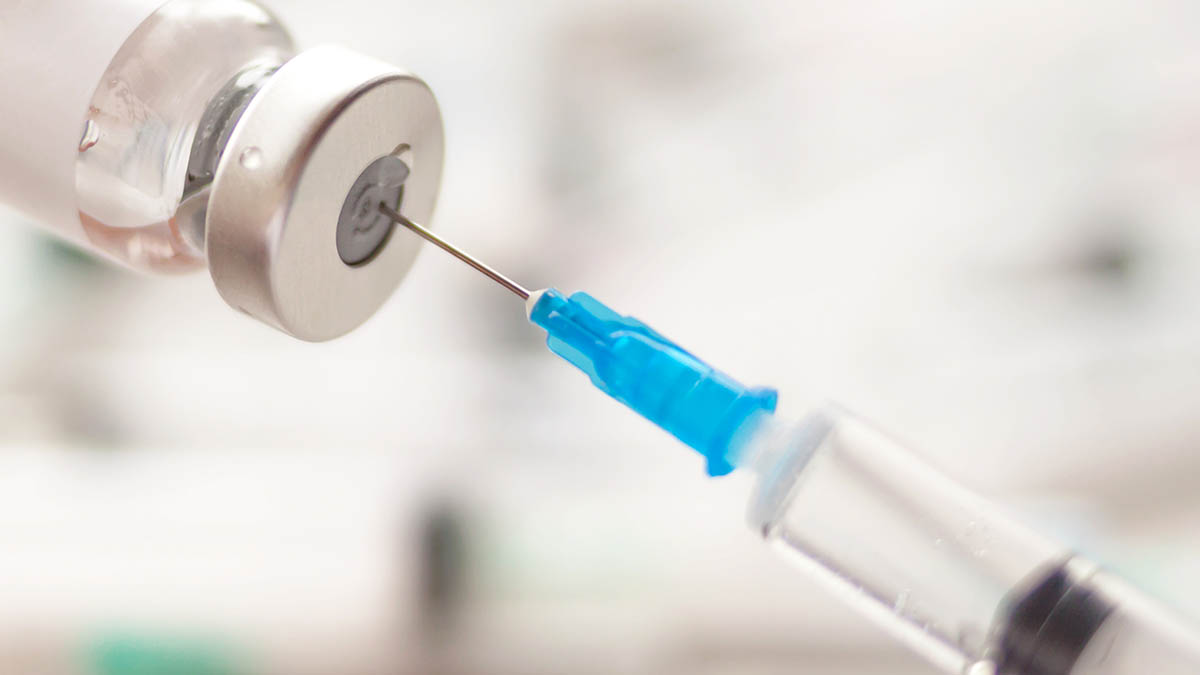The Department of Health and Human Services announced Tuesday that it’s winding down $500 million in funding for the development of mRNA vaccines, which became most widely known during the COVID-19 pandemic.
The funding is in 22 contracts or awards under the Biomedical Advanced Research and Development Authority, known as BARDA.
“The data show these vaccines fail to protect effectively against upper respiratory infections like COVID and flu,” HHS Secretary Robert F. Kennedy Jr. said in a statement. “We’re shifting that funding toward safer, broader vaccine platforms that remain effective even as viruses mutate.”
Kennedy went on to say in a video announcing the decision that the mRNA vaccines encouraged viral mutations and did not prevent infection – both points refuted by several scientists, who said the COVID-19 vaccines were intended not to stop infection but to lessen symptoms, hospitalizations and deaths.
“The concept of mRNA biology and, perhaps, vaccine research is not new,” said Dr. Gene Yeo, director of the University of California-San Diego’s Center for RNA Technologies and Therapeutics. “It’s been around since the 1960s. So it’s not that during the pandemic, this, you know, this magical bullet appeared. There was a long time and a long period of research to enable the technology.”
Yeo said the medical field is a global industry and that losing federal funding puts the U.S. at a competitive disadvantage.
“With foreign countries also developing their own programs, I think that just puts the U.S. population, like you and I, in a vulnerable position — that we may not get access to the fastest, latest ones in a timely manner if a new pandemic hits,” Yeo said.
HHS’ announcement said the wind-down includes termination of contracts with Emory University and Tiba Biotech, and de-scoping of work in existing contracts with Luminary Labs, ModeX, Seqirus and others.
It also said some final-stage contracts would be allowed to run their course, including that of a San Diego-based company called Arcturus Therapeutics.
“Our RNA technology is considered to be a very low-dose technology,” Arcturus CEO Joe Payne said. “And the reason why that’s important is, while the pandemic vaccines were exceptional and they did a fantastic job at protecting us during the COVID pandemic, they’ve been criticized because of the high dose level associated with the RNA vaccines.”
“They haven’t communicated to us that we’ve won some sort of contest,” Payne continued. “They haven’t said that we’re the best of the technologies, but it is clear that they did not terminate or negatively impact the contract that we have with them.”
Payne said Arcturus’ focus is on bird flu, which, he said, if it mutates and becomes airborne, “would be an absolute disaster.”
HHS said the focus now would shift to “whole-virus vaccines and novel platforms.” Yeo said he was optimistic about what could come from that, but he also compared investment in scientific research to financial investment, saying, “It’s always a smart idea to have a diversified portfolio.”
